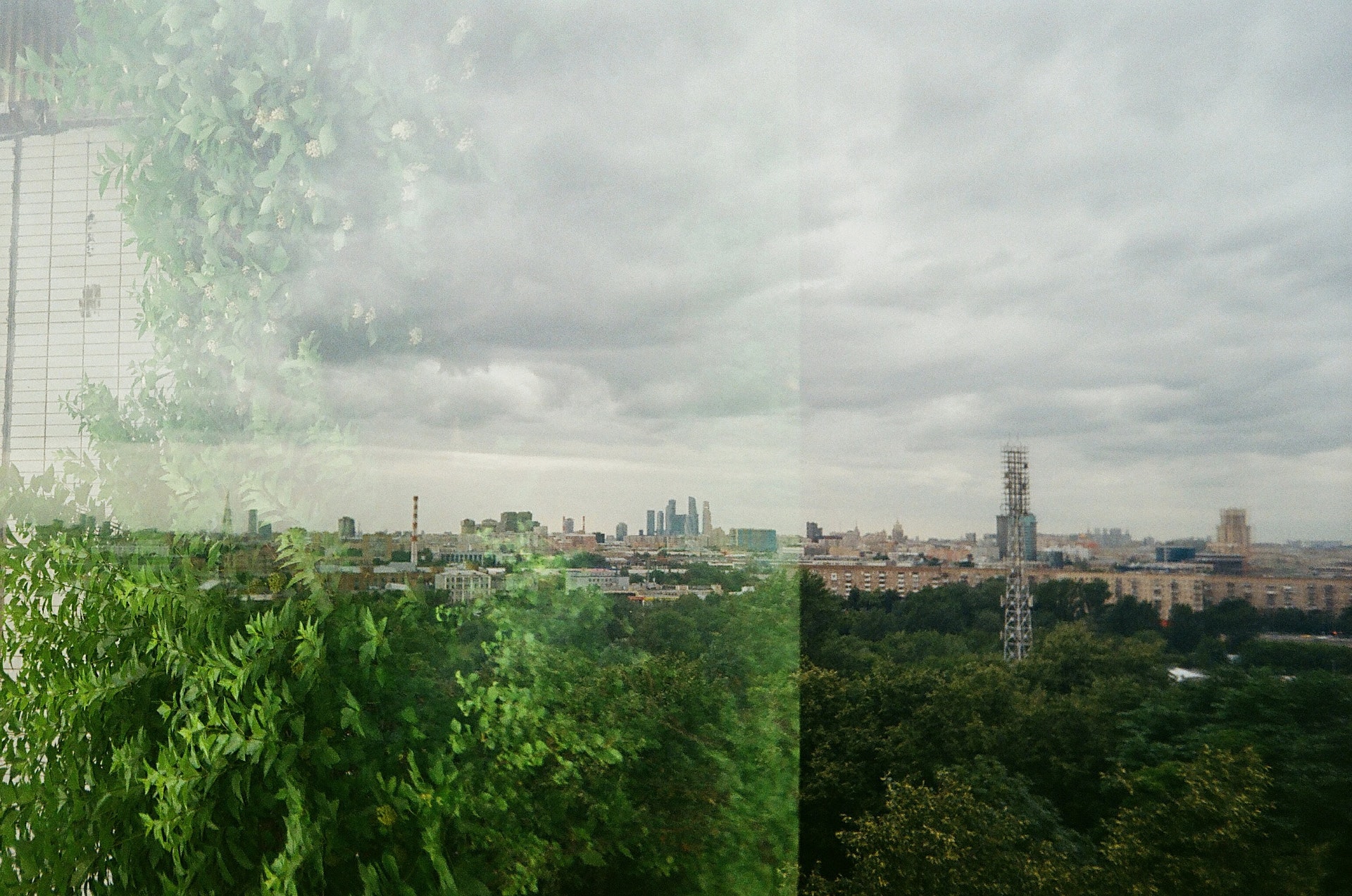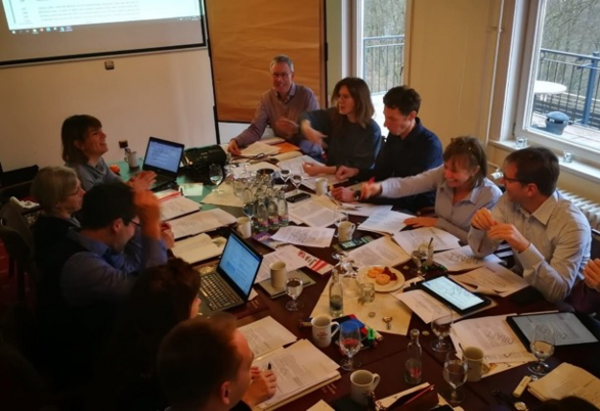
Towards no net land take – insights from ‘Recycle Space Slovenia’
Ljubljana, 19 March 2024
This Policy Lab for Slovenia, organised by the EUKN and the Ministry of Natural Resources and Spatial Planning of the Republic of Slovenia (MNVP), was centred around the topic of land take reduction and circular use of land. It attracted a high-number of participants, as a proof that many stakeholders – in Slovenia and across Europe- are dealing with the same issues and barriers and can learn from each other to reduce their ‘land footprint’.
Following the welcome by the organisers, Ms Ajda Kafol presented the ‘Strategic plan on circular space management 2024-2030’. This document is the result of the Recycle Space Slovenia project, which was part of the Green Slovenian Location Framework (SLO4D) programme, funded by the Slovenian Recovery and Resilience Plan and the Climate Fund. The concrete measures presented by Ms Kafol opened a discussion on the economic challenges of land recycling, where experts from Croatia and Slovenia contributed to.
An international panel discussion with experts from Austria, Flanders, the Netherlands, and Slovenia shed light on existing strategies to achieve the No Net Land Take by 2050 target. Speakers presented their countries’ goals, as well as the solutions and barriers that they are facing to fulfil them. Building on the knowledge shared and the open questions, participants split into smaller groups to discuss their struggles in moving towards no net land take and brainstorm on possible solutions.
More articles

Sabrina Abdi on… the urban programme of the French Council Presidency...
Sabrina Abdi on… the urb...
Sabrina Abdi on… the urban programme of the French Council Presidency
Sabrina Abdi, from the French National Agency for the cohesion of Territories, presents the French Council Presidency programme on urban matters, including the role of the just dimension of cities.

Thomas Schwab & Nathan Crist on… the Twin Transition and the future o...
Thomas Schwab & Nathan Cr...
Thomas Schwab & Nathan Crist on… the Twin Transition and the future of EU Cohesion
Thomas Schwab & Nathan Crist from the Bertelsmann Stiftung relay research findings on what the Twin Transition means for regional disparities and EU cohesion.

Lea Scheurer on…The New Leipzig Charter: a personal perspective...
Lea Scheurer on…The New ...
Lea Scheurer on…The New Leipzig Charter: a personal perspective
'Building a personal bond with a political declaration isn't the most natural thing for a young professional. However, when it comes to the (New) Leipzig Charter, it's what has happened to me.'